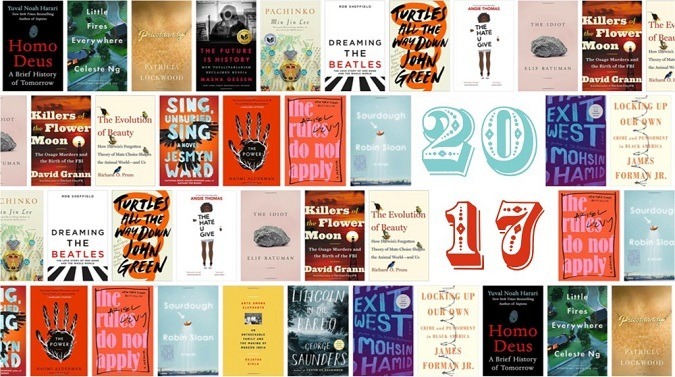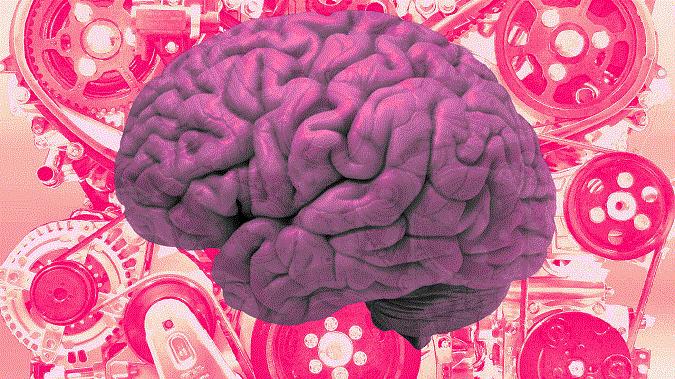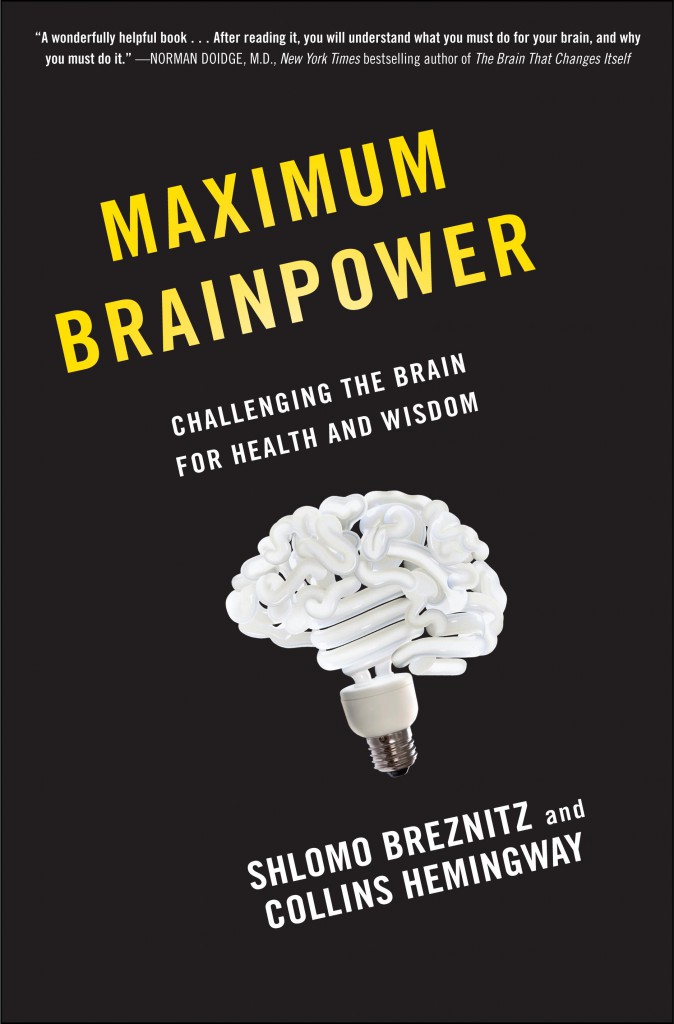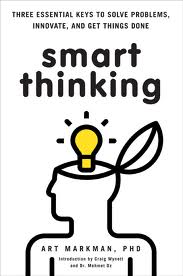Posts Tagged ‘knowledge’
Eight Tips To Understand and Remember What You Read — Especially As You Read Nonfiction
___ Despite Instagram, YouTube, Facebook, Twitter, and television, (or perhaps precisely because of all of them) traditional reading is still an important skill. Whether it is magazines, professional manuals or fascinating books, people still need to read, now and in years ahead. And much of it is nonfiction material, where it’s important to really understand…
Read MoreManaging brains, not bodies, in the knowledge economy
This Outdated Approach To Productivity Is Bad For Your Brain (Fast Company): “Your car has parts that perform specific tasks. The radiator cools the engine. The spark plugs ignite the gas. The intake manifold distributes air and gas evenly to the cylinders. We think of a car this way because a car is a machine.…
Read MoreNavigating The Many Dangers of Experience
As with “expert,” the root of experience is “experiri,” a Latin word meaning “to try out.” People with a lot of experience should be willing to try new things, as their knowledge should provide more context and points of view, enable more exploration of an issue, and minimize risk with decisions. However, highly experienced people…
Read MoreIs There a Formula for Smart Thinking?
One day, one of my kids was staring at a simple circuit diagram. It showed a battery connected to a resistor and a light bulb. He was doing a homework problem. The particular question that had him stumped asked what would happen to the current in the circuit if the resistor was replaced with another…
Read MoreEight Tips To Remember What You Read
Reading improves cognitive ability. Here are eight tips which will enhance your reading ability.
Read MoreBrain Health News: Top Articles and Resources in March
There’s such a flood of very significant research studies, educational resources and articles related to brain health, it’s hard to keep track — even for us! Let me introduce and quote some of the top Brain Health Studies, Articles and Resources published in March: 1) Cognitive Decline Begins In Late 20s, Study Suggests (Science Daily) — “These patterns…
Read More



